Weltweiter Rewilding-Tag 2023
Der 20. März ist der World Rewilding Day 2023, ein Tag der von der der Global Rewilding Alliance im Jahre 2021 ins Leben gerufen wurde, um mehr Bewusstsein für die Renaturierung unserer Ökosysteme zu schaffen. Als Partner von Rewilding Europe möchten wir Ihnen ein paar Hintergründe zum Thema Rewilding näher bringen.

Was ist rewilding?
Rewilding (oder auch Renaturierung) ist ein fortschrittlicher Ansatz im Naturschutz, der darauf abzielt, Ökosysteme in großem Maßstab wiederherzustellen, damit die Natur ohne Eingriffe von außen gedeihen kann. Zu Beginn können menschliche Eingriffe erforderlich sein, um die richtigen Bedingungen für das Gedeihen der Natur zu schaffen, aber das ultimative Ziel ist die Schaffung autarker Ökosysteme.
Rewilding bedeutet, dass natürliche Prozesse wiederhergestellt und verschwundene Arten, die durch menschliche Eingriffe verdrängt wurden, wieder angesiedelt werden. Häufig sind Gebiete, die am dringendsten eine Renaturierung benötigen, das Ergebnis menschlicher Eingriffe. Durch die Wiederherstellung dieser Gebiete sollen die Chancen gefährdeter Arten erhöht werden, in sich selbst erhaltenden Systemen zu überleben. Denn nur wenn wir unseren Teil dazu beitragen, können wir uns zurückziehen und die Natur sich selbst überlassen.
Warum ist Rewilding für uns so wichtig?
Nachfolgend die wichtigsten Gründe, warum Rewilding für uns essentiell ist:
Die biologische Vielfalt wiederherstellen
Die biologische Vielfalt ist entscheidend für das Leben auf der Erde. Sie versorgt uns mit Nahrung, sauberem Wasser, Luft und vielem mehr. Durch Rewilding können wir Ökosysteme und natürliche Prozesse wiederherstellen, damit die Beziehungen zwischen den Arten so funktionieren, wie sie sollten. So kann beispielsweise die Wiederansiedlung von Weidetieren das Pflanzenwachstum fördern und Flüsse in ihrem natürlichen Lauf können Feuchtgebiete unterstützen, die nach starken Regenfällen Hochwasser speichern.
Veränderung des Klimas
Natürlich funktionierende Ökosysteme tragen nicht nur zur Abschwächung des Klimawandels bei, sondern dämpfen auch die Auswirkungen natürlich auftretender Katastrophen. Bei Überschwemmungen beispielsweise kann das Wachstum von Bäumen die Überschwemmungen auf abgeholzten Hügeln verlangsamen, die Geschwindigkeit des Regenwassers durch die Baumkronen verzögern und das Regenwasser durch Baumwurzeln in den Untergrund ableiten (so wird verhindert, dass das Regenwasser stattdessen mit einer drastisch verringerten Geschwindigkeit oberirdisch absorbiert wird).
Steigerung unseres Wohlbefindens
Einfach ausgedrückt: mehr Natur = bessere Lebensqualität. Die Vorteile, die Wildtiere durch Rewilding erfahren, gelten auch für uns. Mehr saubere Luft, sauberes Wasser und Schutz vor Naturkatastrophen sind nur die Spitze des Eisbergs dessen, was Rewilding uns zurückgibt.
Ermutigung der Wildtiere zur Anpassung
Die Renaturierung der betroffenen Gebiete bis zu dem Punkt, an dem wir ein zusammenhängendes System von naturreichen Lebensräumen haben, wird es den Wildtieren in diesen Gebieten ermöglichen, sich frei zwischen ihnen zu bewegen. Die Lebensräume selbst können sich anpassen, wenn sich die Klimazonen nach Norden verschieben. Es besteht ein großes Potenzial zur Rettung einer beträchtlichen Anzahl von Arten, die aufgrund klimabedingter Bedrohungen vom Rückgang oder Aussterben bedroht sind.
Verhinderung von Naturkatastrophen
Natürlich funktionierende Ökosysteme tragen nicht nur zur Abschwächung des Klimawandels bei, sondern dämpfen auch die Auswirkungen natürlich auftretender Katastrophen. Bei Überschwemmungen beispielsweise kann das Wachstum von Bäumen die Überschwemmungen auf abgeholzten Hügeln verlangsamen, die Geschwindigkeit des Regenwassers durch die Baumkronen verzögern und das Regenwasser durch Baumwurzeln in den Untergrund ableiten (so wird verhindert, dass das Regenwasser stattdessen mit einer drastisch verringerten Geschwindigkeit oberirdisch absorbiert wird).
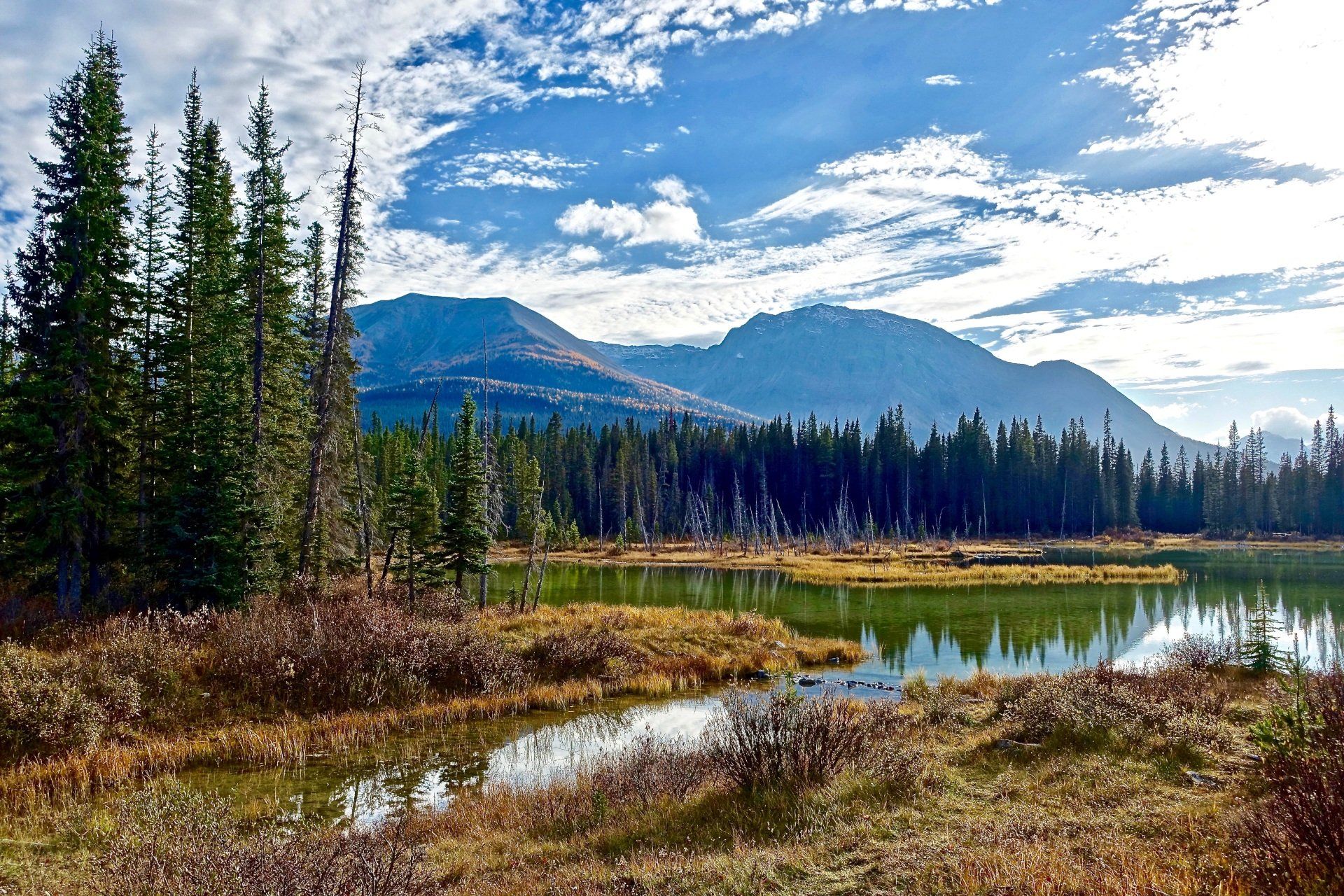
Wie sieht es mit dem Rewilding in Städten aus?
Rewilding ist nicht nur auf die ländlichen Gebiete der Welt beschränkt. Rewilding in Städten bedeutet die Wiederherstellung natürlicher Prozesse und die Wiedereinführung der Natur in unseren eigenen Betondschungel. Von der Förderung unserer Gesundheit bis hin zum Kampf gegen den Verlust der biologischen Vielfalt und den Klimawandel - die meisten Vorteile des Rewildings gelten auch für die städtische Umwelt. Schließlich geht es darum, Elemente der Wildnis zurück in die Stadt zu bringen.
Das Beste daran ist, dass sich jeder daran beteiligen kann. Ob Sie nun bestäuberfreundliche Pflanzen auf Ihrem Balkon wachsen lassen oder sich für mehr Grünflächen in Ihrer Stadt einsetzen - Urban Rewilding kann sowohl durch kleine als auch durch große Aktionen erreicht werden. Das Schöne an Urban Rewilding ist seine Vielseitigkeit - es gibt unzählige Ansätze zur Wiederherstellung der Natur in unseren Städten, und jeder kann auf die einzigartigen Merkmale und die Kultur eines bestimmten Stadtgebiets zugeschnitten werden.
Wie können Sie sich beteiligen?
Es spielt keine Rolle, wer Sie sind. Jeder kann sich für das Rewilding engagieren. Nehmen Sie an einer der vielen Veranstaltungen in ganz Europa teil, beteiligen Sie sich an der #RewildingHOPE-Diskussion und teilen Sie allen mit, warum Rewilding für Sie "Hoffnung" bedeutet, oder schauen Sie sich diese spezielle Playlist mit Wissen und Inspiration zum Thema Rewilding an.

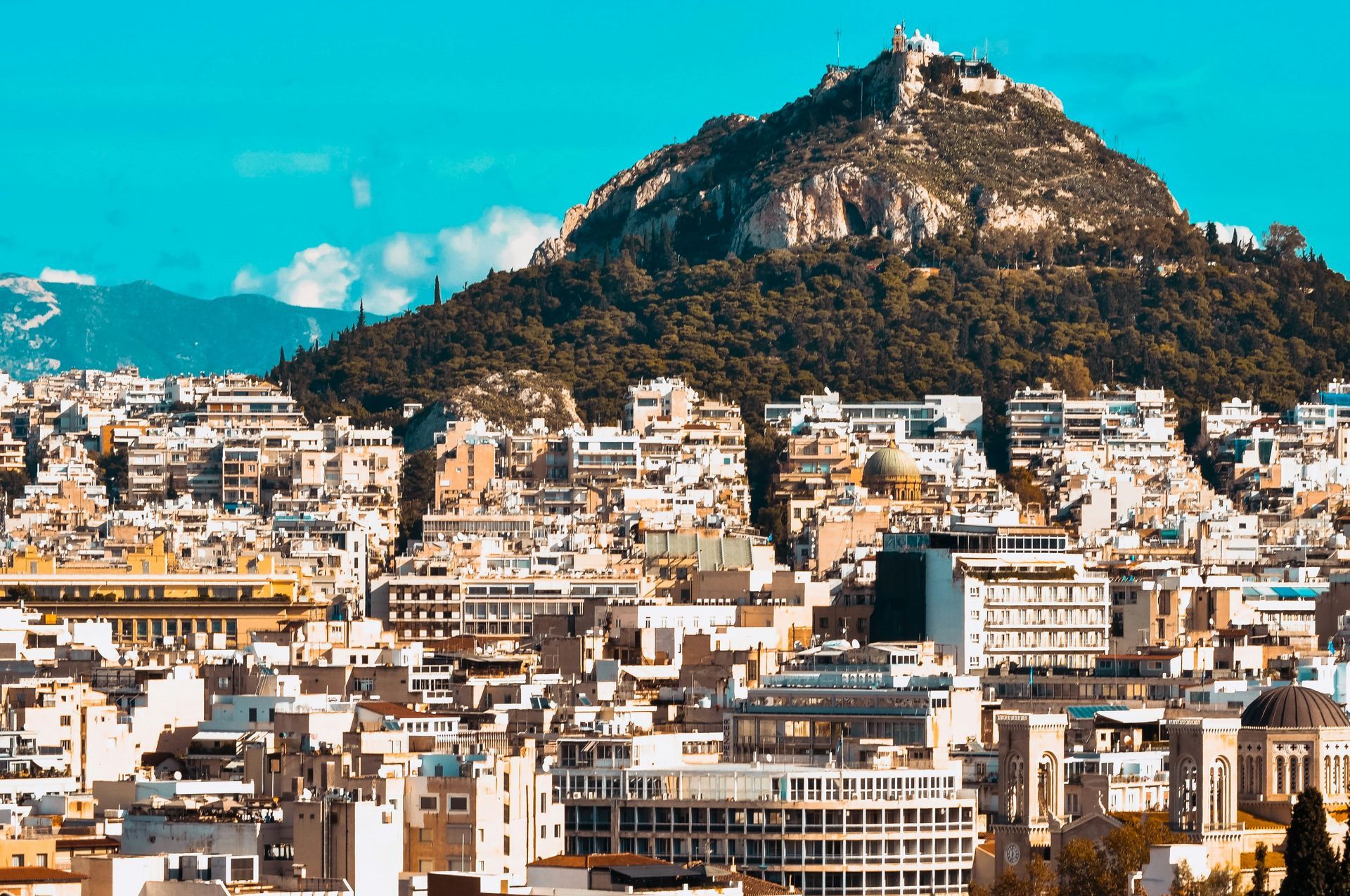
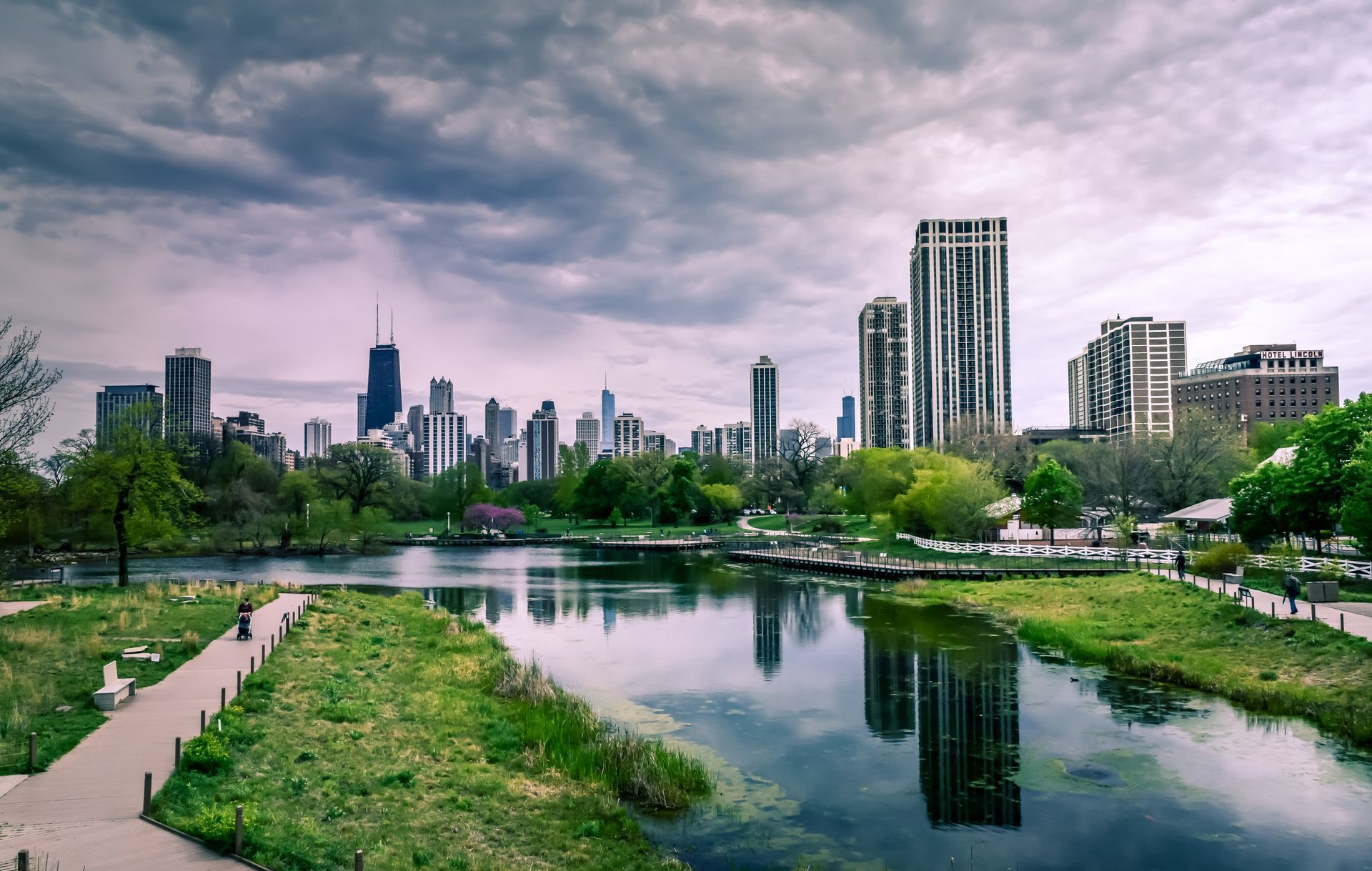
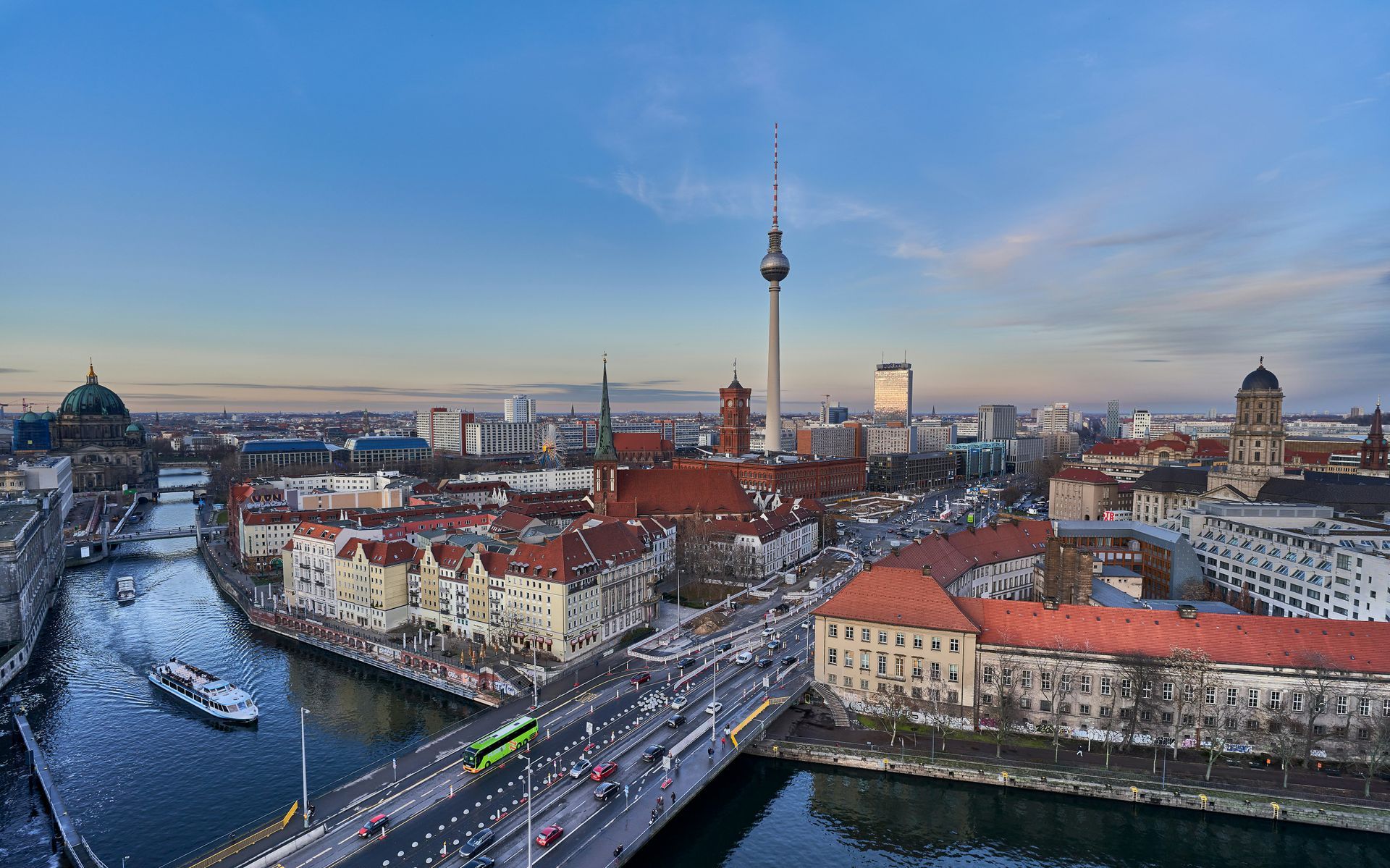

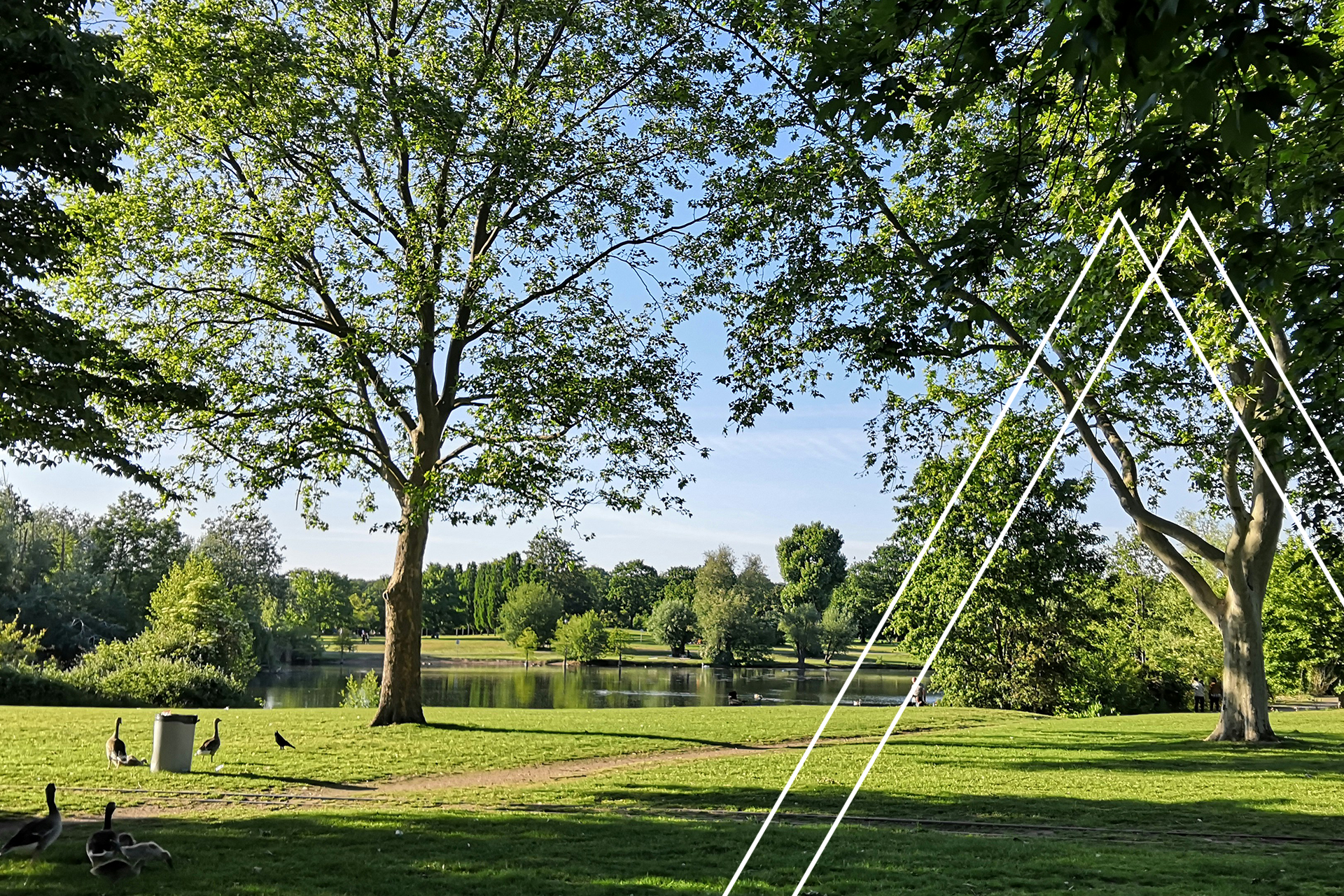
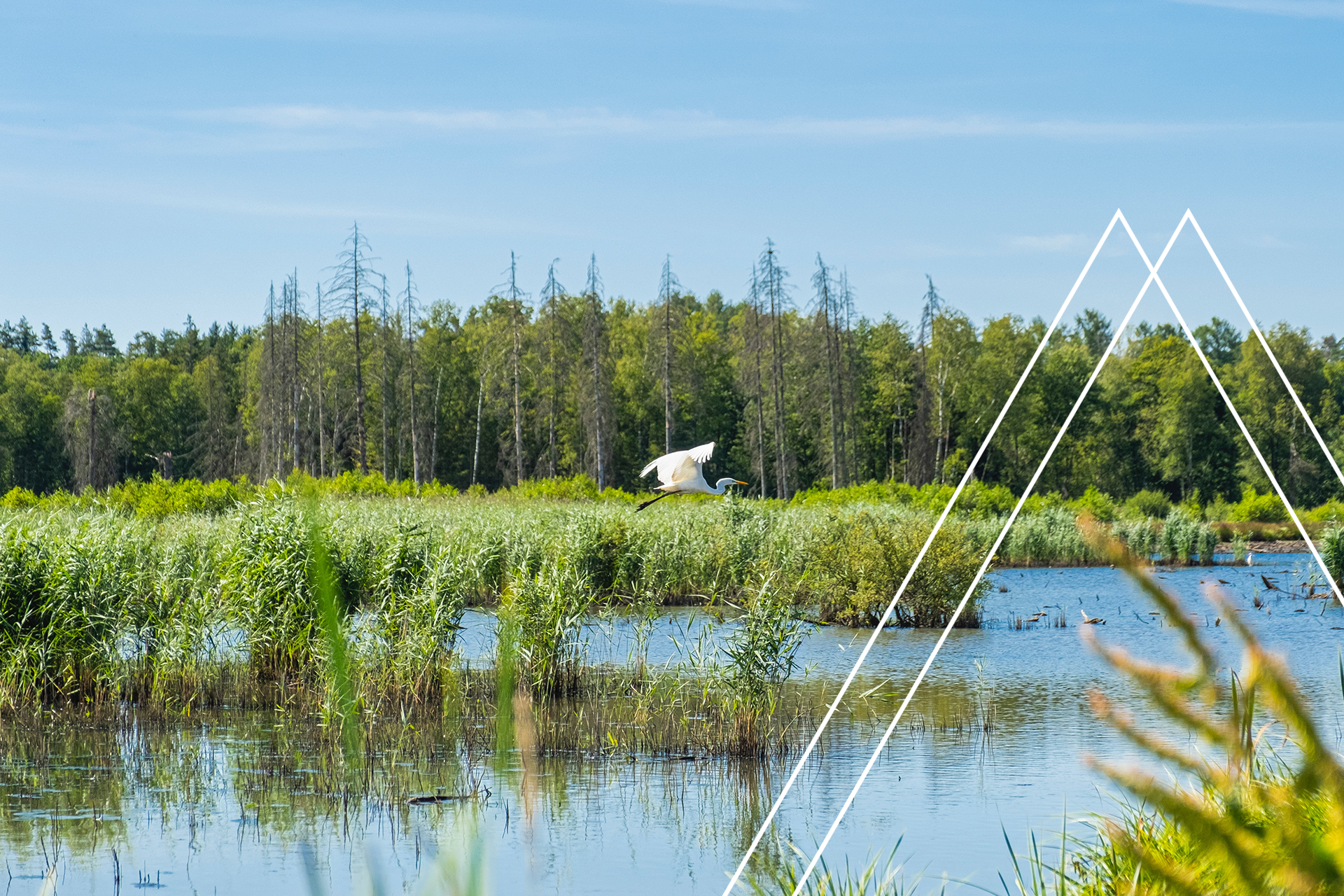
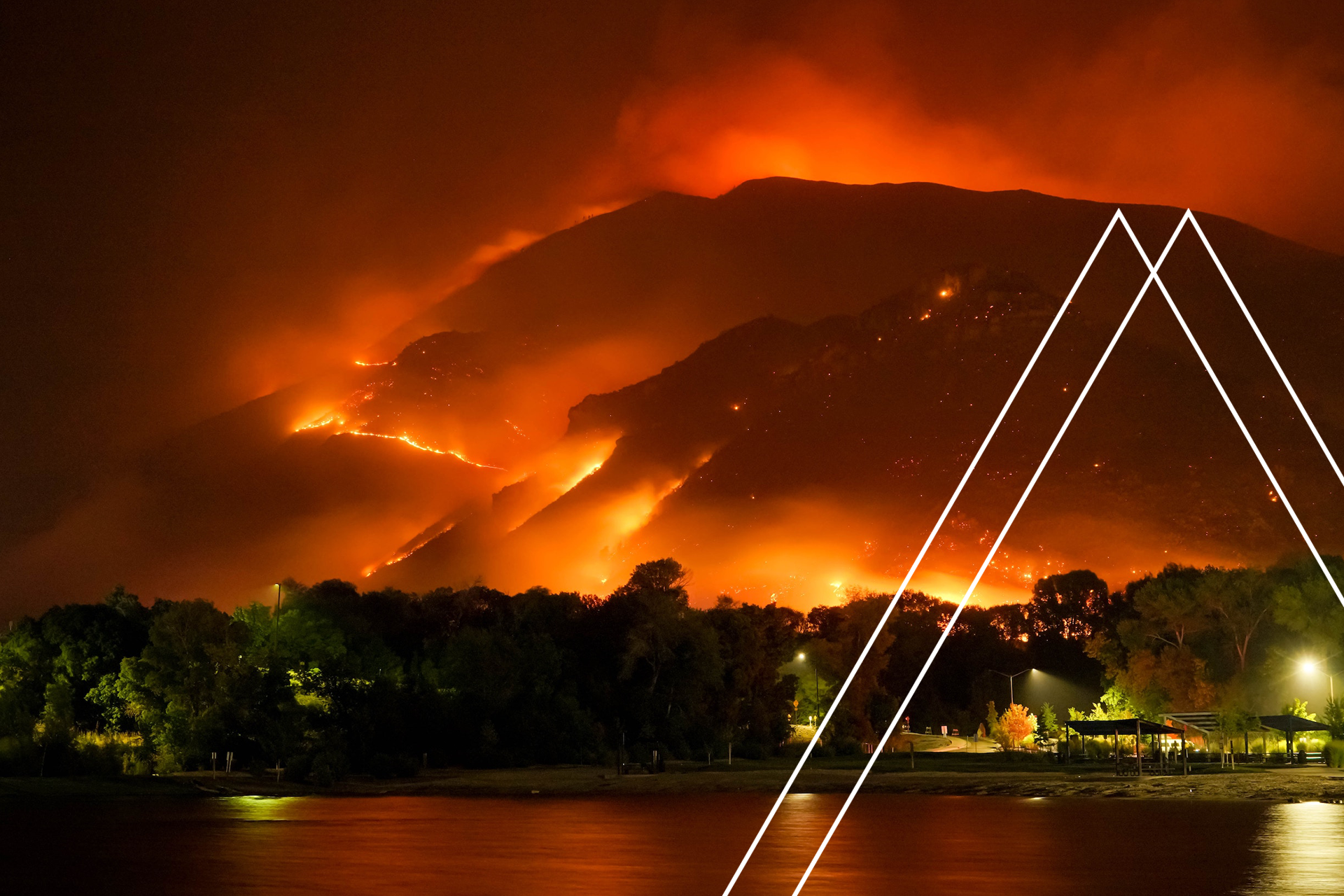
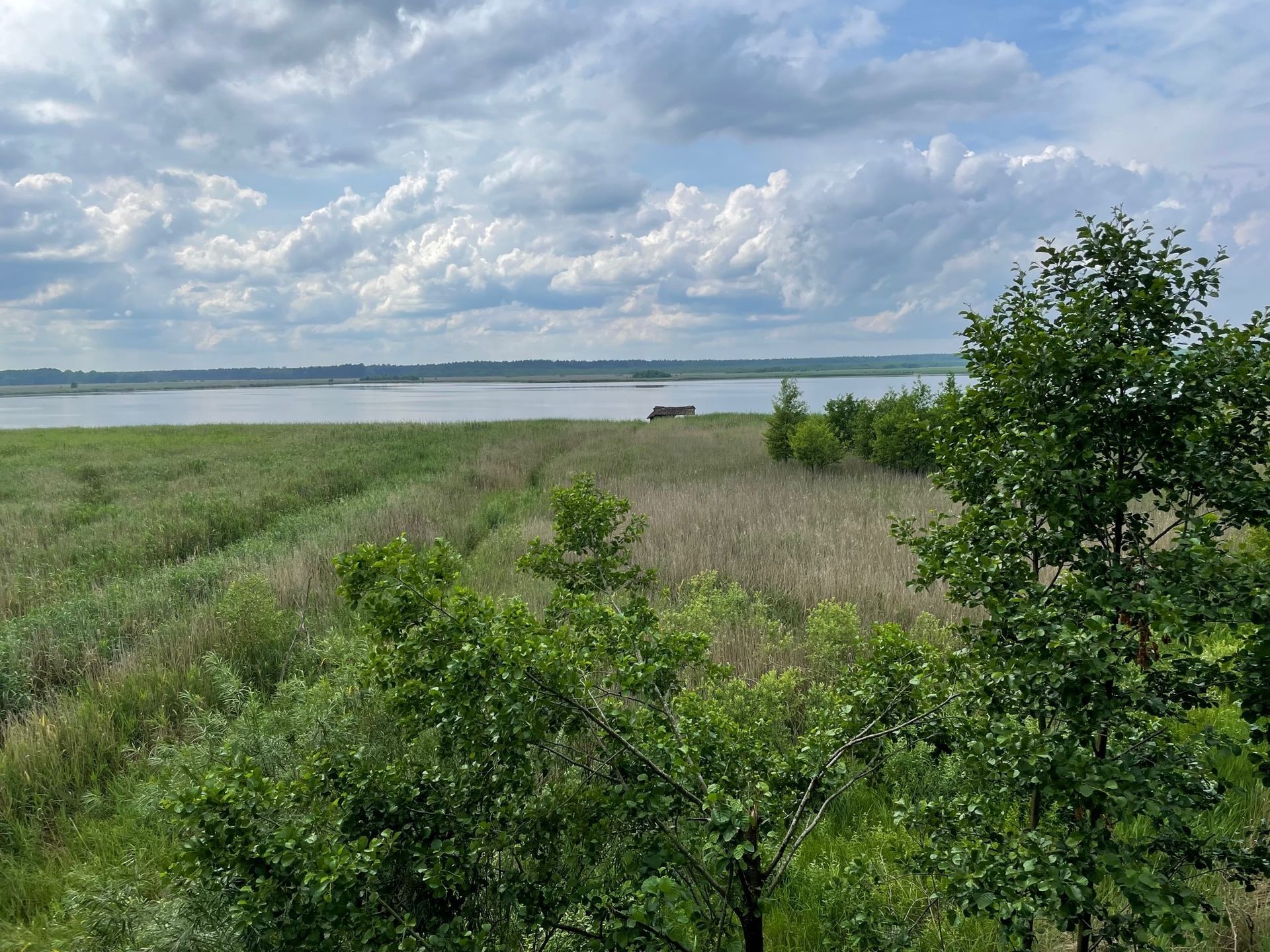
Head Office, Berlin,
Neue Grünstraße 17 | 18 Hof 1 | TRH 3
10179 Berlin
© ES EnviroSustain GmbH 2021




